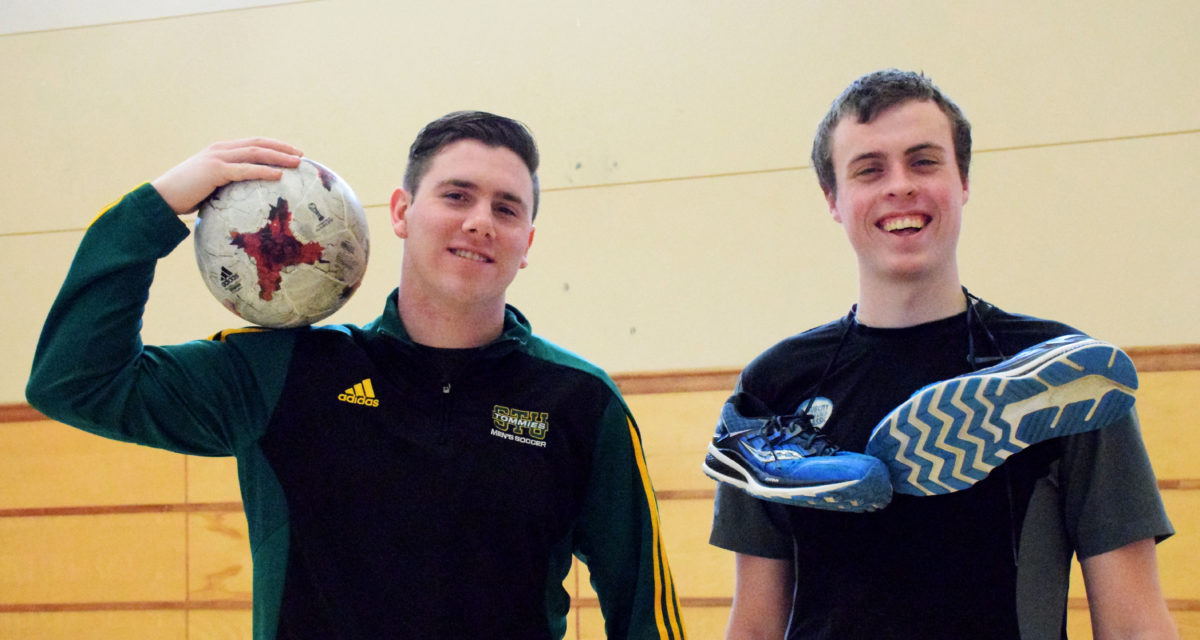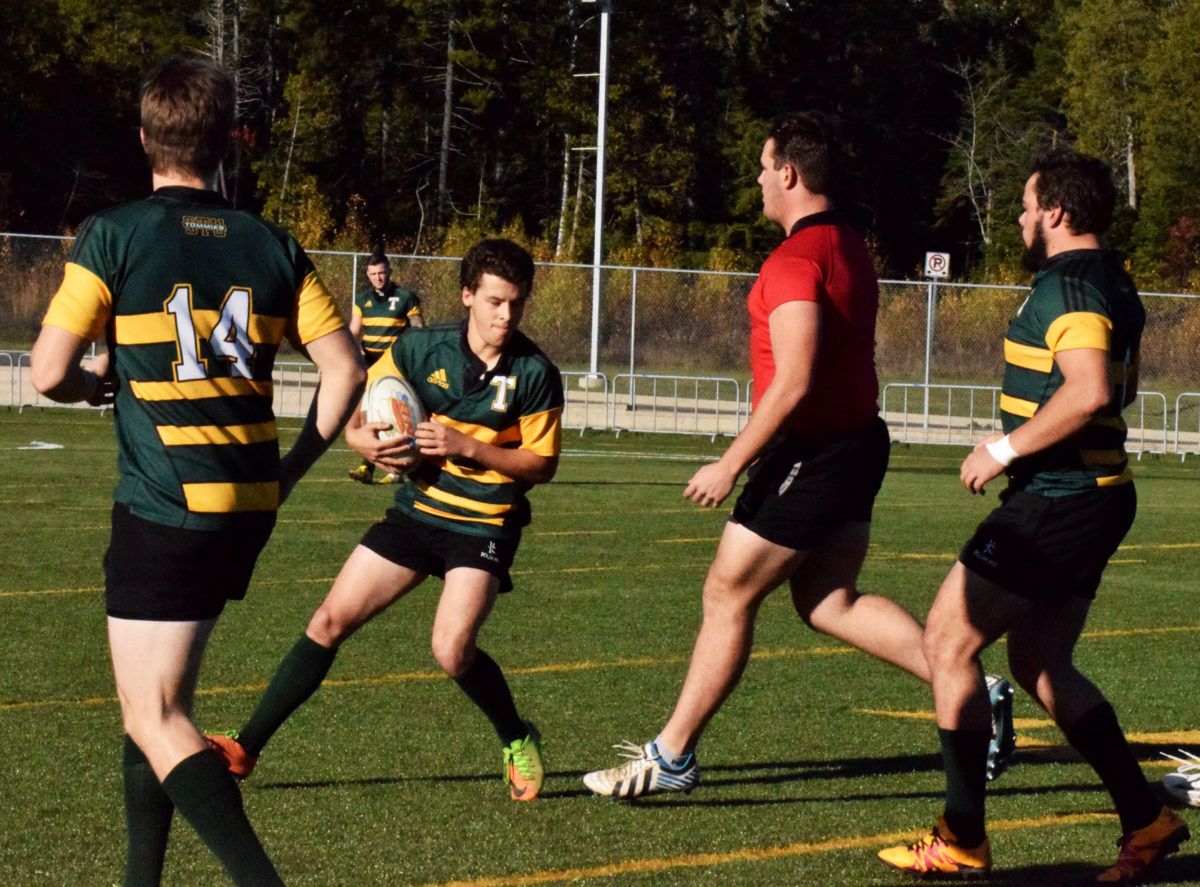When fourth-year St. Thomas University student Derek Bailey heard about the United States college admissions scandal, he was upset that some students were accepted to university for athletic abilities they didn’t have.
“The one thing that struck me the most about the scandal was when they were falsely writing down that some of the students were amazing athletes, and thus they were getting athletic scholarships to these schools,” said Bailey.
According to an article by CNN, there are 50 people involved in the scandal and are accused of falsifying test scores and bribing university sports coaches to get their children into universities.
Celebrities like Lori Loughlin from Full House and Felicity Huffman from Desperate Housewives are some of the people involved. They paid William Rick Singer, who is the CEO of a college admissions prep company called The Key, to help get their children into universities. Singer offered two services, one was to help cheat on the SAT or ACT tests used to get into universities in the U.S., and the other was to help bribe university coaches into recommending students using fake athletic credentials.

Some celebrities paid to have their kids photoshopped into photos to make it look like they were on sports teams. Singer then bribed university coaches into suggesting these young adults get accepted to play on their sports teams. While coaches don’t get to decide who gets accepted into a school, they can make suggestions.
Bailey is on the STU men’s rugby team. He’s bothered to see students receive athletic scholarships without having earned them. As a student-athlete, he said he’s put in a lot of work to get where he is.
“It just shows that there’s a lot of advantages to having a high income, and people obviously use it to their advantage,” said Bailey.
Fourth-year men’s soccer player Eric Prior said because of this scandal, people look down on those with athletic scholarships.

“They’re like ‘Oh, like athletic scholarships, you know, they just base it all on your athleticism,’” said Prior. Athletic scholarships may also be based on grades and community involvement.
“But people work really hard for their athletics and people work really hard for their academics.”
Both Prior and Bailey try their best during their sports seasons to maintain their marks and athletics. They both said the idea of someone getting in based on a lie is upsetting.
“I don’t want to say it surprised me, but it was definitely disappointing,” said Prior.
“It just kind of reinforces the attention that people have on how much wealth can actually get you.”
Bailey believes universities need to move toward a more merit-based system for admission.
“Obviously people are taking advantage of their higher income,” said Bailey.
“I don’t think that some people would argue against a merit-based system, but I think it does sort of just show that you need to work hard in order to excel.”
Bailey doesn’t believe people should be able to pay to get their kids into a university if they didn’t get high enough marks in high school.
“I think that’s really wasting a spot of somebody who’s earned it,” said Bailey.
Bailey said most Ivy League schools will place a cap on the number of students they accept each year.
“If you’re buying your way into university, you’re taking up a spot of somebody who’s actually going to very much appreciate going to university and trying to excel.”

